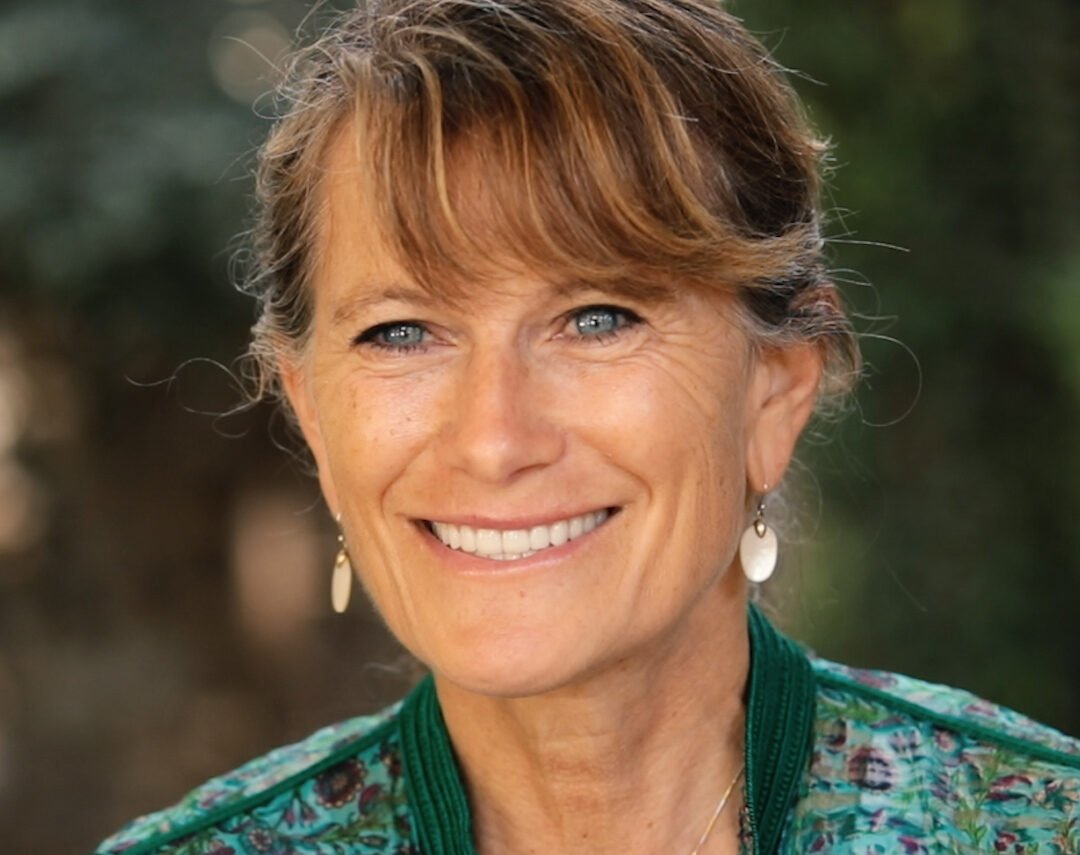Today, even the oldest-school, stodgiest investment firm will boast about its impact investing arm. But when Jacqueline Novogratz started Acumen in 2001, the term “impact investing” had barely been used.
At the time, the idea that investors could make serious money by putting capital into companies pursuing serious social missions was not favorably received in traditional financial circles.
“When we started, I can’t tell you how many people would tell me that I clearly didn’t understand how business operated,” Novogratz, 60, said in a Worth interview.
Acumen today is a force in the financial world as much as in the developing world; it has invested more than $135 million in more than 100 social enterprises worldwide, companies that are tackling huge issues, such as climate change and access to clean water. When Worth caught up with Novogratz in September, she was in the middle of a $100 million fundraising round—which, for a firm that is still largely nonprofit, is a hefty amount.
Acumen’s success can be viewed as the culmination of a far-reaching journey that brought Novogratz to Wall Street, then Latin America and Africa. Her best-selling 2012 book The Blue Sweater makes profound connections between the developed and underdeveloped worlds, but they had to be earned as much as learned. “In my 20s, I went to Africa to try and save the continent, only to learn that Africa neither wanted nor needed saving,” she writes. Instead, Novogratz applied the lessons she’d learned in banking to the continent’s predicaments and began to see that access to capital and other resources could help Africans (and others) tackle their problems by themselves. On that path, she helped found the first microfinance bank in Rwanda in the 1980s.

Acumen has evolved over the years, adding different features that make it a fascinating blend of philanthropy and venture capital. In the beginning, Acumen was, more or less, a traditional philanthropy, albeit one that gave money—Acumen calls this “patient capital”—to entrepreneurs to start and grow businesses, as opposed to, say, feeding the poor. This traditional part of Acumen doesn’t take equity in companies, it merely seeks social return and impact.
More recently, Acumen has found that many of the companies it puts money into can be as profitable as they are world changing. Take d.light, the provider of solar lanterns whose founders had a dream of eliminating harmful kerosene use. Acumen made an early-stage investment in 2007 (the company had not even released a product); today, d.light claims to have brought light to 100 million customers around the world. That investment, Novogratz estimates, returned about 2.3 times what Acumen put in, and those returns are then plowed into fresh investments in socially conscious companies. Acumen’s for-profit funds have invested more than $150 million.
Perhaps most important, Acumen acts as a market influencer: Its investment in a company signals for-profit investors that the company has serious potential. Acumen estimates that for every philanthropy dollar that it invests, another $6 of private capital comes in.

What does Novogratz look for in a social entrepreneur? Many of the qualities are the same that venture capitalists look for in profit-first companies: grit, determination and resilience have to be “off the charts,” she says, “because you are inevitably fighting a status quo where you have to have vision and the ability to execute.” She also looks for self-awareness, but above all “moral imagination.” She explains: “We’re looking for entrepreneurs who know what they want to build and how they want to create change, but they’re not blinded by idealism. They are grounded in the realities of the fights that they have to take on, and they’re willing to go the distance to bridge that gap.”
Novogratz thinks that the model she and her team pioneered fits the cultural and political moment of the times. “You cannot meet a group of young people without having a conversation about purpose, about the purpose of business being to serve society,” she says. “There is a recognition that our governments are not going to solve our biggest problems. We need to rely on businesses.”
You might think that someone so far ahead of the impact investing curve would see more recent entrants as late-comers, opportunists or, worse, “greenwashers.” But Novogratz sees validation for what she helped create, and as a believer in scaling businesses, she recognizes that her movement needs mass allies.
“There is such a great sense of need, and a great urgency, in this moment that we don’t really have a choice,” Novogratz says. “And so, what felt like a conversation at the edges 20 years ago has moved to a conversation at the center. And that makes me very hopeful.”






